This content is restricted to subscribers
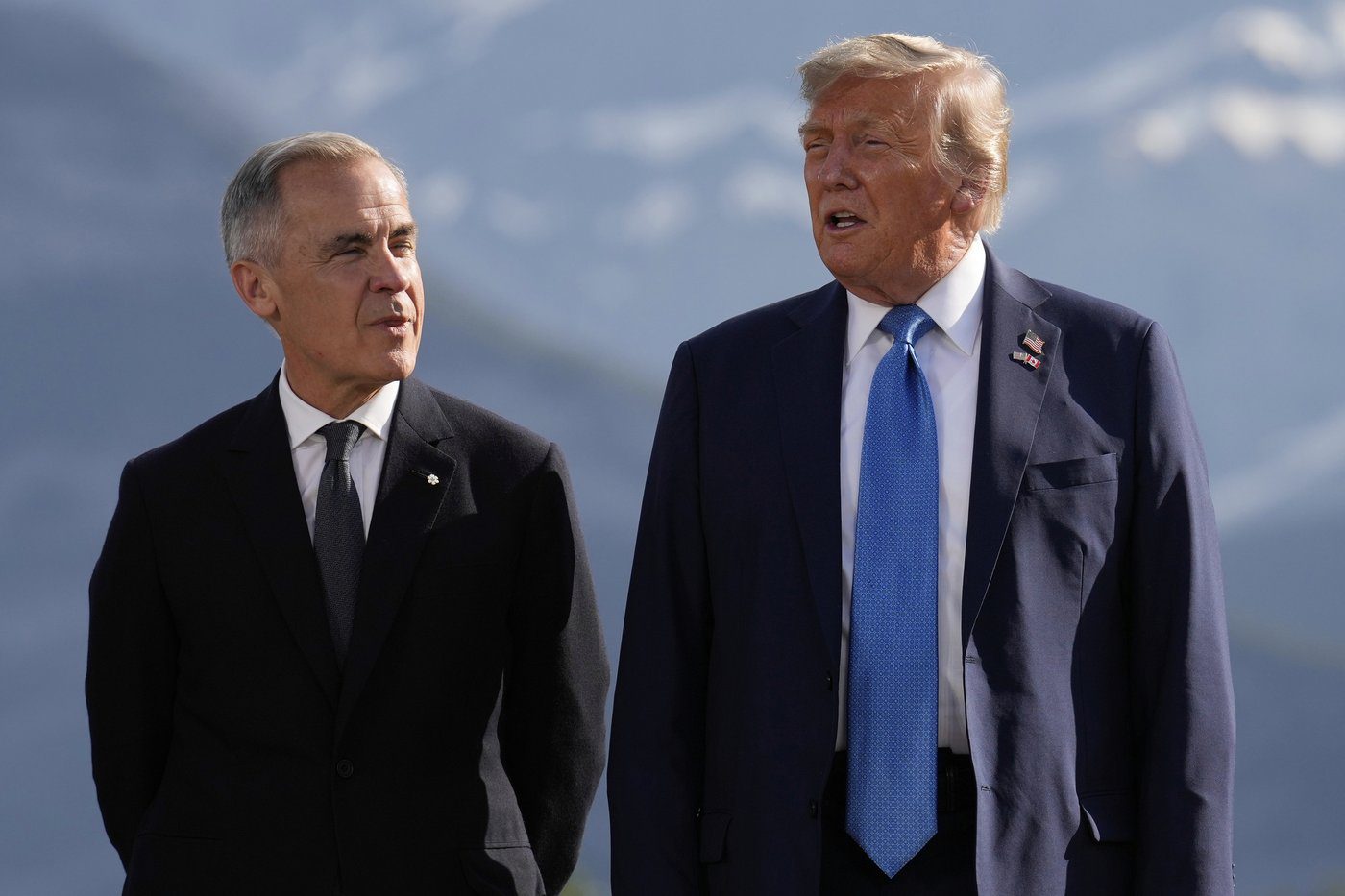
The views, opinions and positions expressed by columnists and contributors are the author’s alone. They do not inherently or expressly reflect the views, opinions and/or positions of our publication.

This content is restricted to subscribers
The views, opinions and positions expressed by columnists and contributors are the author’s alone. They do not inherently or expressly reflect the views, opinions and/or positions of our publication.
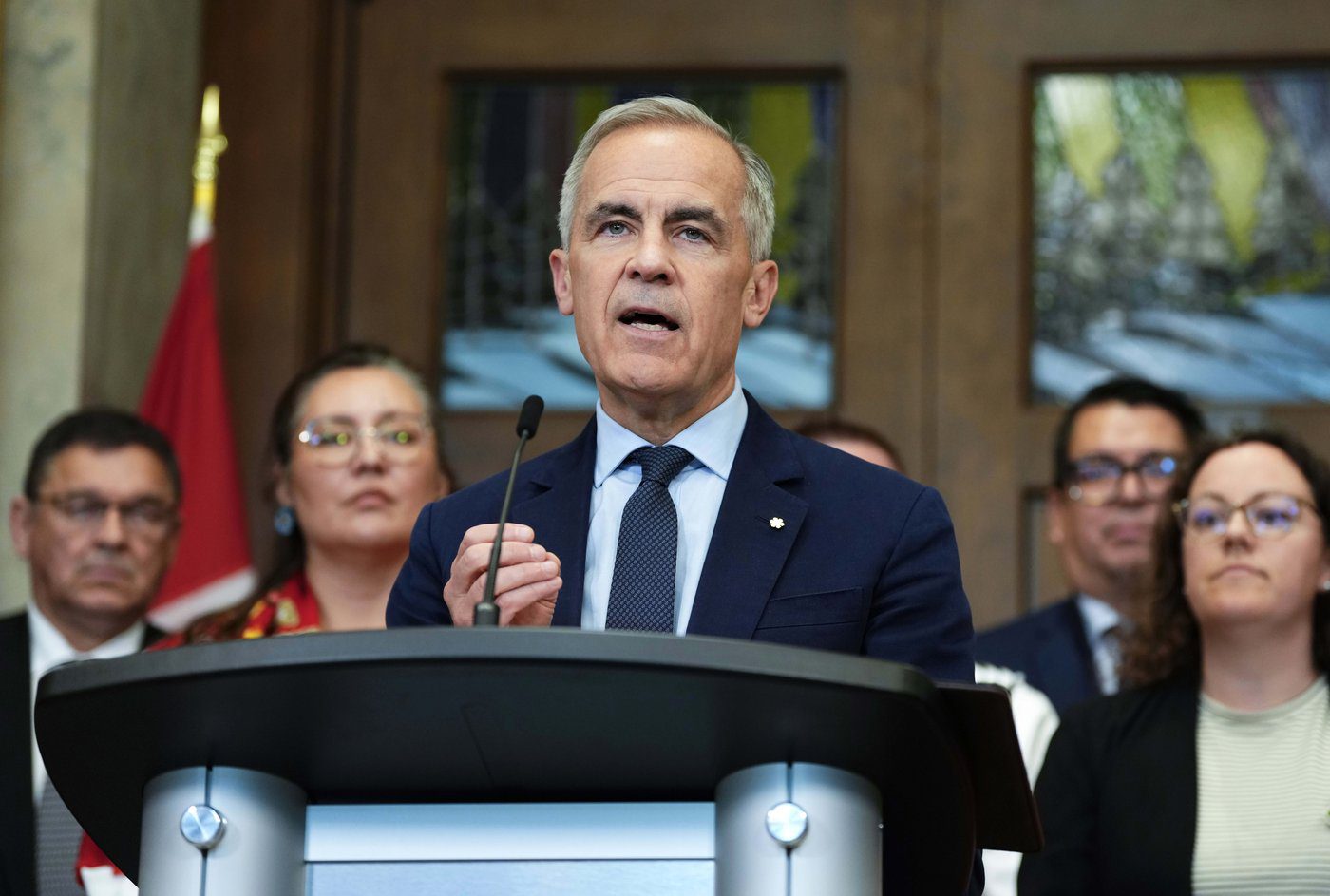
This content is restricted to subscribers
The views, opinions and positions expressed by columnists and contributors are the author’s alone. They do not inherently or expressly reflect the views, opinions and/or positions of our publication.
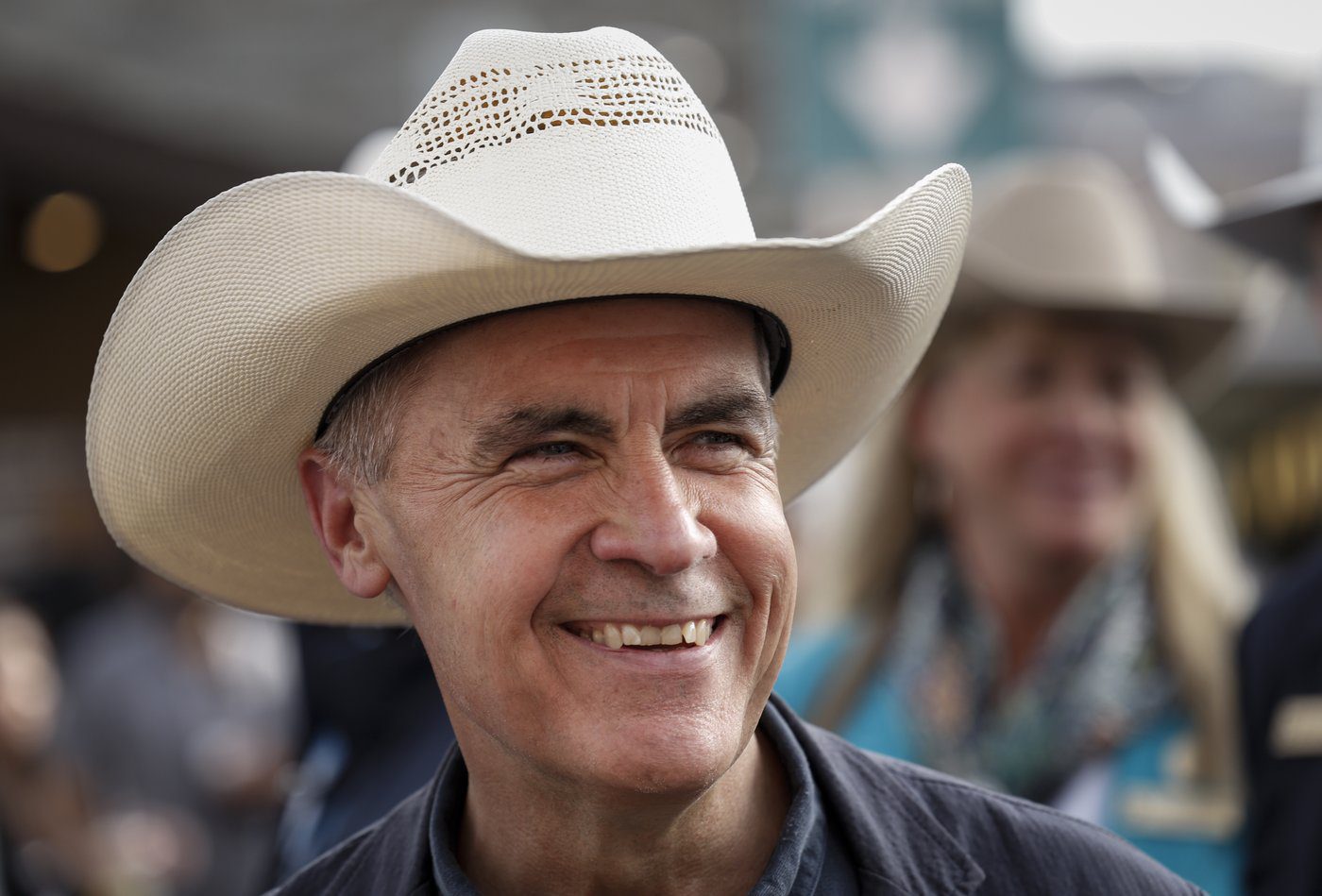
This content is restricted to subscribers
The views, opinions and positions expressed by columnists and contributors are the author’s alone. They do not inherently or expressly reflect the views, opinions and/or positions of our publication.

This content is restricted to subscribers
The views, opinions and positions expressed by columnists and contributors are the author’s alone. They do not inherently or expressly reflect the views, opinions and/or positions of our publication.

This content is restricted to subscribers
The views, opinions and positions expressed by columnists and contributors are the author’s alone. They do not inherently or expressly reflect the views, opinions and/or positions of our publication.
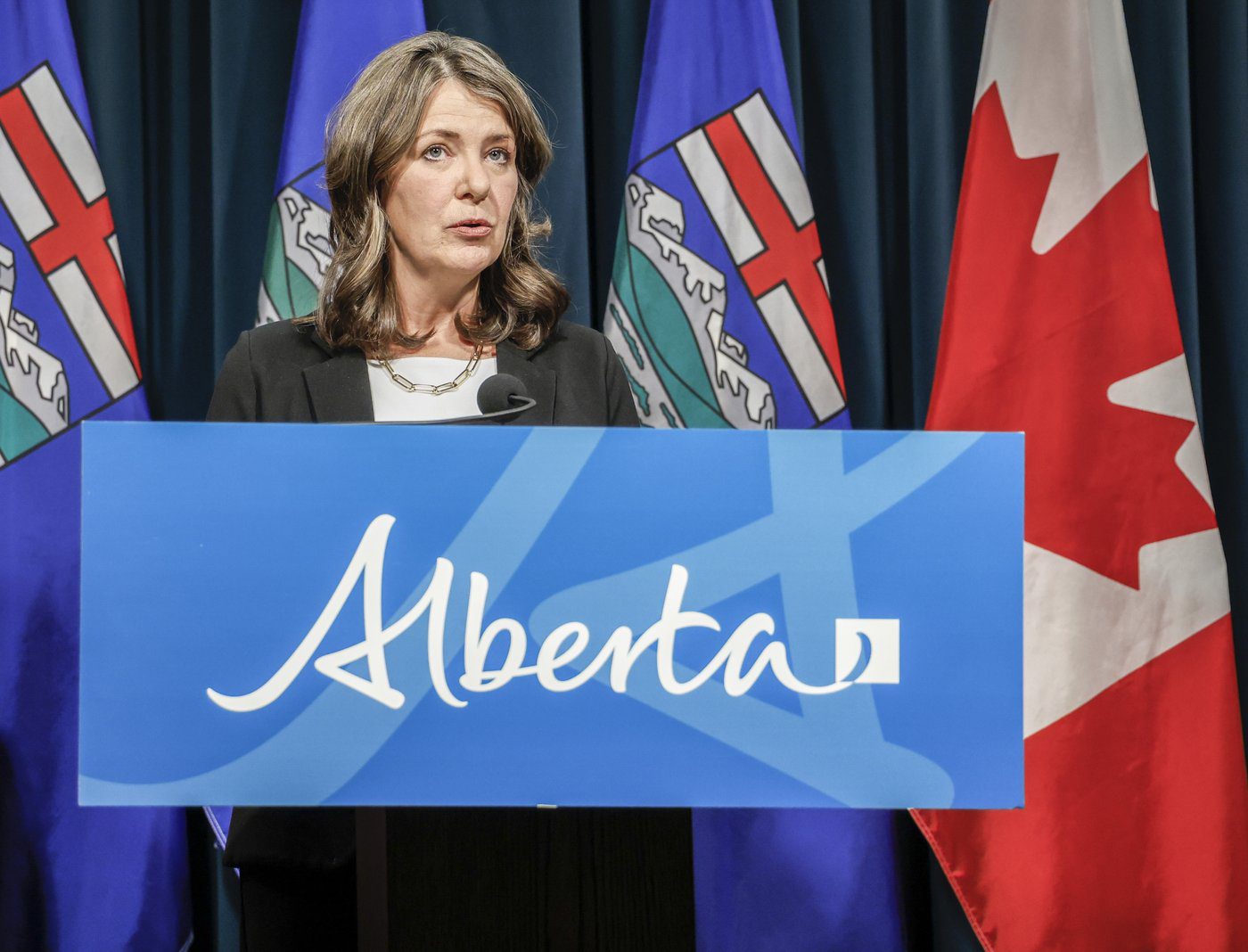
This content is restricted to subscribers
The views, opinions and positions expressed by columnists and contributors are the author’s alone. They do not inherently or expressly reflect the views, opinions and/or positions of our publication.

This content is restricted to subscribers
The views, opinions and positions expressed by columnists and contributors are the author’s alone. They do not inherently or expressly reflect the views, opinions and/or positions of our publication.
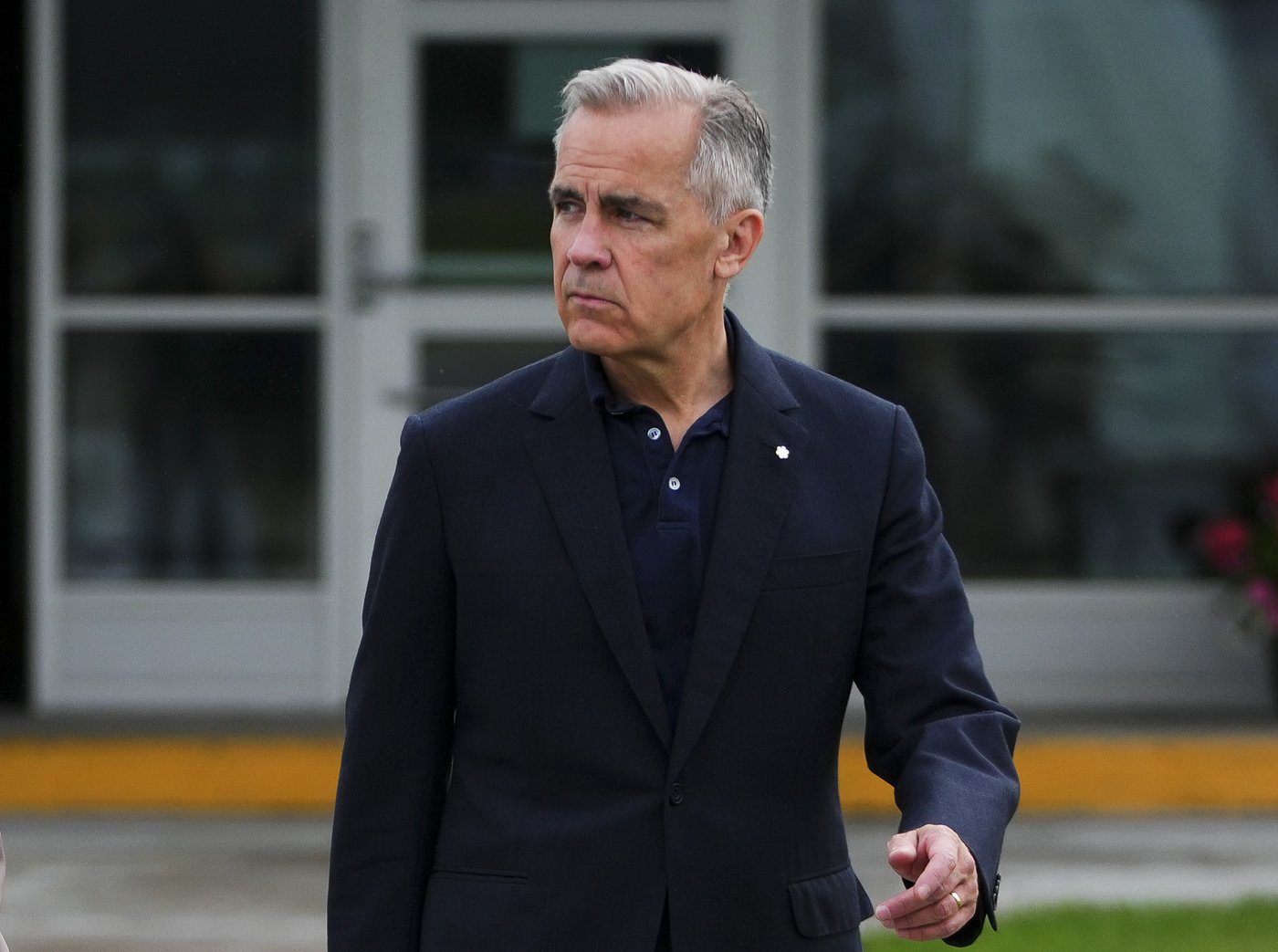
This content is restricted to subscribers
The views, opinions and positions expressed by columnists and contributors are the author’s alone. They do not inherently or expressly reflect the views, opinions and/or positions of our publication.
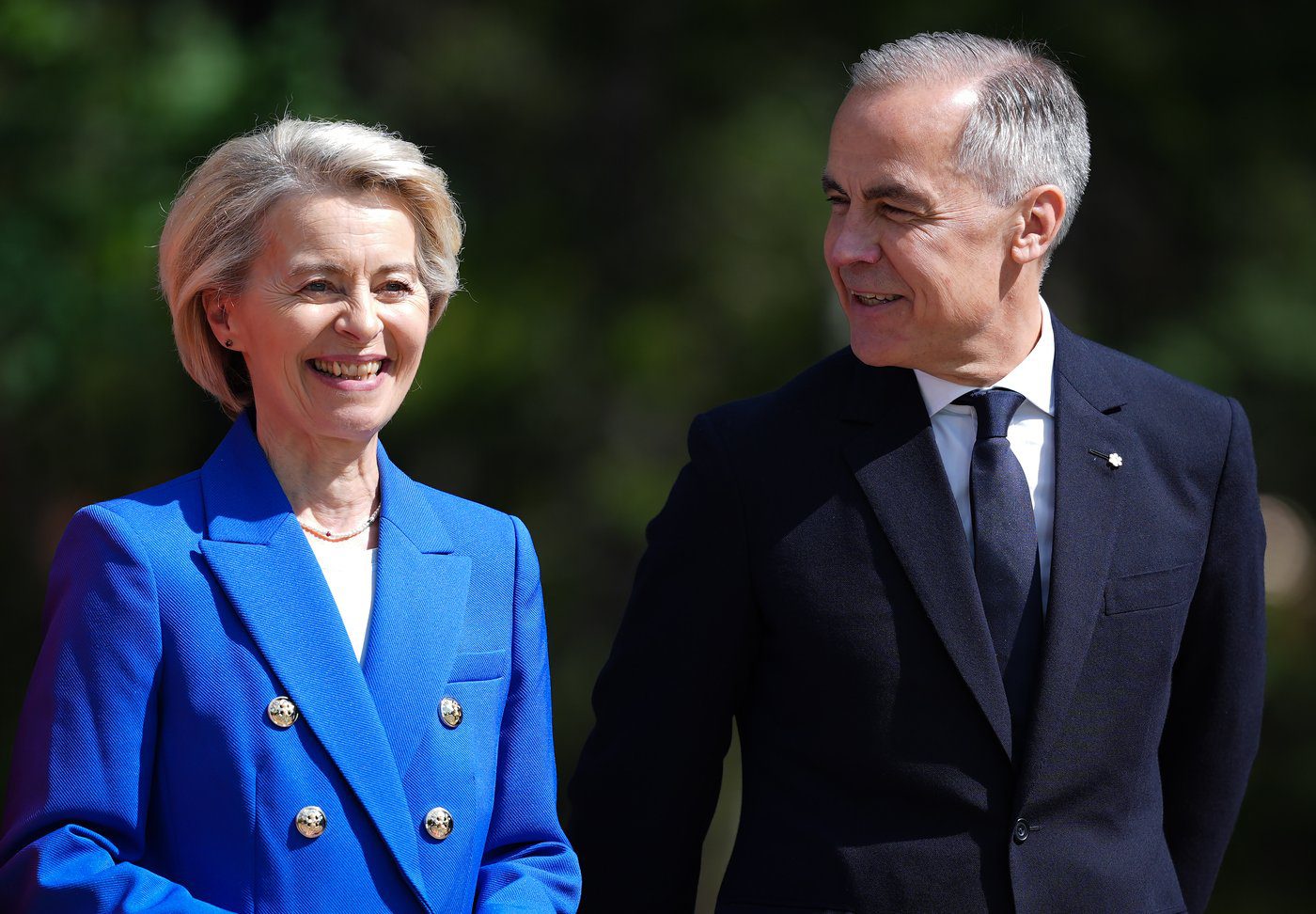
In the midst of a series of crises even more appalling than usual, from the Middle East to the Canadian economy, I find myself even more appalled than usual at how our leaders talk. The big problem being, I’ve lately been complaining, not that they don’t mean what they say but that they do. What began as an impenetrably empty rhetorical style to conceal their thoughts and avoid trouble has become an impenetrably empty way of thinking that causes trouble.
To illustrate in detail let me drag you through the fog of the just-concluded G7 summit in Kananaskis. Especially as two journalistic colleagues just confirmed my feeling that we have a massive problem here. And if you’re inclined to protest against spending time on press releases nobody actually reads, not even journalists, I counter-protest that because the people who rule over us expend so much effort, time and public money on them anyway.
They obviously think they matter. So ignoring them costs us an important insight into what, for better or worse, they’re thinking, and how.
First something from Paul Wells, or rather his guest poster Alex Kohut, former lead pollster for the Trudeau PMO interviewing Alex Wellstead, former senior political communications staffer to Trudeau and François-Philippe Champagne. Because Wellstead lead off by emphasizing that whenever you get a reporter’s question “you want to loop in as many people as you can to make sure that you’re comfortable with where you think you’re gonna take the answer. Align on that message before responding.” Moreover, he had explained in his setup, “first thing is you pause. You pause on it, you take some time to read through it and you assess. What do they want? Why are they coming now? Who else knows about this? Is this a proactive story that they’re working on that seems like this very obscure topic they’re asking questions on.”
What’s missing here? Um that’d be “What’s the truthful answer to that question?” Or “Who actually knows the answer?” (Or “Did we bungle this file?”)
Now to Matt Gurney, writing about the G7 in context of the “new war in the Middle East” which I’m tempted to quibble is Israel’s counter-offensive in the long war in the Middle East. But never mind. The point is his preliminary question “Is the age of the summit over, at least in terms of it being important? Are we shifting away from a time and place in history where people are prepared to pretend that talking about a problem against a glorious natural backdrop is the same thing as actually doing something about that problem?”
If you’re tempted to quibble that summits were never important, hold your fire. Because he then makes an observation troubling enough to be worth quoting at length. First, he asks, “Have the decades where we saw ever-more grandiose summits and florid joint statements while the actual problems we face get progressively worse led to some kind of political inversion? Have we hit peak talk?… ‘The announcement is the plan’ is a criticism we often made of Justin Trudeau” and many others.”
Then, crucially, he writes:
“I don’t mean to suggest that this is all some kind of a con, put on by cynical politicians to intentionally mislead us. I think for a lot of politicians, and their staffers and advisors, they’ve bought into their own talking points. I’ve chatted with enough of them over the years to have concluded that they really believe they’re solving the issues when they announce stuff and have tough, frank discussions with colleagues at some global confab. The fact that the actual issues aren’t getting better is bizarrely overlooked and somewhat sullenly acknowledged when mentioned.”
Indeed. The fog has entered their souls. So let’s trudge through it to Peak Talk, hoping we have summited, and examine some of the Carney PMO output from the G7 discarded there to illustrate where we’ve topped out and why we didn’t want to be here.
Regarding a meeting with the President of South Korea, Hu Hee, “As Canada diversifies its trade and defence relationships, and rearms its armed forces, the relationship between Canada and Korea has immense potential to prosper further. To that end, Prime Minister Carney and President Lee agreed to deepen co-operation between the two nations…. Prime Minister Carney and President Lee agreed to remain in close contact.”
If only it were a con. If only he knew it said nothing. But alas, it’s his idealism on display in all its vacuity. And if I may indulge a relevant pet peeve here, in writing about such matters I archive the press releases etc. in good academic and possibly journalistic fashion. But the subject lines on government press releases, and almost exclusively there, are so long and windy you often can’t just drag and drop them into a folder.
Get to the point, I want to holler. But the point is that there is no point. And “PM Bores Colleague With Platitudes” isn’t something they’re comfortable with where they think they’re gonna take the answer.
When Carney met with the President of Brazil, who you can’t name either, “The leaders discussed shared priorities, such as fortifying critical mineral supply chains, combatting wildfires, resuming trade negotiations, and building clean growth, particularly with Canada hosting the 2025 G7 Presidency and Brazil hosting COP30 later this year. Prime Minister Carney and President Lula agreed to remain in close contact.”
If there were any substance to it, a phone call or an email would have sufficed. “Hey Luiz, got any idea how you actually do that ‘clean growth’ thing?” “Não. Desculpe.” “Yeah. Thought so. Me neither. Bye.”
And in case you I’m picking on the more obscure guests allow me to mention the one about Italian President Giorgia Meloni, who clearly despised Trudeau and his philosophy and probably considers Carney just a more grown-up version: “Building on their conversations in Rome last month, they also discussed deepening and diversifying commercial ties in the areas of energy, investment, and research and innovation…. The two leaders agreed on the imperative of achieving a just and lasting peace in Ukraine. Prime Minister Carney and Prime Minister Meloni agreed to remain in close contact.”
You see? It tells you nothing about what really happened not because they don’t want you to know what really happened but because nothing really happened and they don’t know it. Including they said it all last month too. And will again next week. No really.
Having tried your patience sufficiently, I will nevertheless insist in passing that you’re free to look up the “G7 Critical Minerals Action Plan”, “G7 Leaders’ Statement on Countering Migrant Smuggling”, “Kananaskis Common Vision for the Future of Quantum Technologies” plus “G7 Leaders’ Statement on AI for Prosperity” all of which basically touted a gassy statement of high aspirations and a program of more meetings to issue gassy statements of high aspirations as if it gave them a handle on any of this stuff when you seriously doubt any of them could install a hard drive.
As Gurney also wrote, “Donald Trump left early due to the war overseas… Ukrainian President Volodymyr Zelenskyy also left early, due to the brutal ongoing Russian assault on his country… it was clear that the summit had to be cut short because for a few of the leaders, the real work was elsewhere.” But was it?
I don’t mean clear to him, me or you. I mean to the windbags who stayed. And it seems not. When this damp squib mercifully ended, the PMO bloviated “In an increasingly dangerous and divided world, co-operation with reliable partners is more important than ever. With G7 partners, Canada will build a new era of collaboration – one rooted in mutual support and resilient partnerships. Canada is ready to lead.”
Yes, and quiet green ideas sleep furiously. They’re all nice soothing words, smart-person words. And someone got the grammar right. But it means nothing. And speaking of sending words to do the work of deeds, it continued “Today, the Prime Minister, Mark Carney, concluded his participation in the 2025 G7 Leaders’ Summit in Kananaskis, Alberta. Under Canada’s Presidency, this G7 deepened co-operation with joint statements in the following areas” then prattled off the ones I mostly already cited.
Deepened cooperation with joint statements. It’s really what they think happened. Oh, and then “Today, the Prime Minister, Mark Carney, announced that he will travel to Brussels, Belgium, and The Hague, the Netherlands, from June 22 to 25, 2025, to participate in the Canada-European Union (EU) Summit and the North Atlantic Treaty Organization (NATO) Summit…. Prime Minister Carney will engage Allies to meet evolving threats in a more dangerous and divided world…. Canada will arrive at these summits with a plan to lead, and with new investments to build our strength in service of our values.”
Didn’t you just do that? With the same people and same rhetoric? And less than a week later, more high-tone talk? Beyond this summit, new peaks arise.
The views, opinions and positions expressed by columnists and contributors are the author’s alone. They do not inherently or expressly reflect the views, opinions and/or positions of our publication.

This content is restricted to subscribers
The views, opinions and positions expressed by columnists and contributors are the author’s alone. They do not inherently or expressly reflect the views, opinions and/or positions of our publication.